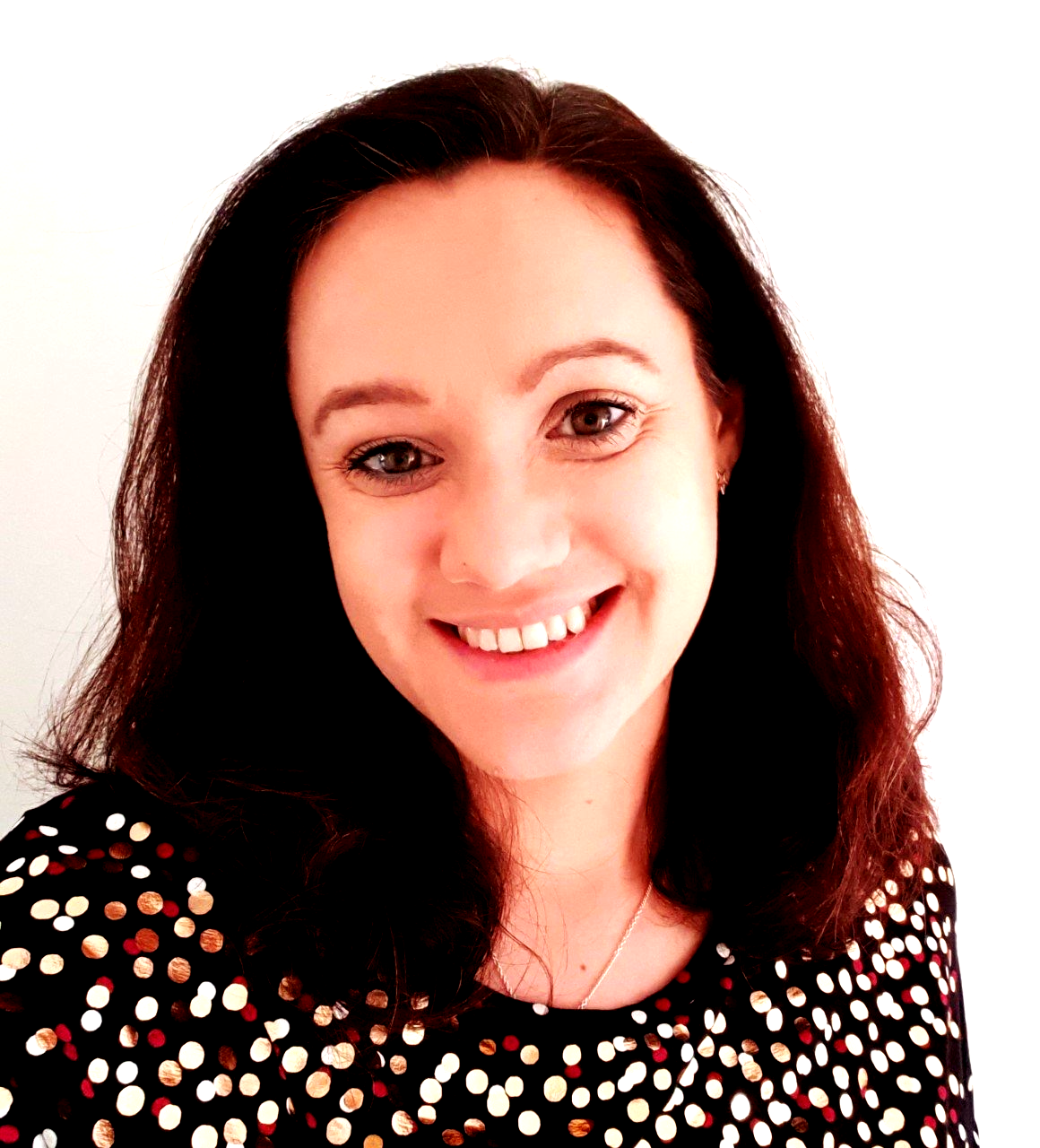A Torch in the Darkness
Rezina Kelly • 29 January 2021
Next week is Children’s Mental Health Week for 2021. From 1st February until 7th February. This is always an important week, where we should pause and remember that whilst our children’s academic success, sports prowess or artistic flair may be things we care about, none of these should take precedence over their mental health and wellbeing. This year I think it is even more vital, as we know that some children are struggling with the current situation caused by this pandemic. How do we know they are struggling? Because we all are. To some lesser or greater degree, we are all finding this diversion from the norm tricky to manage at times. Whilst some people ‘cope’ with it better than others, it is probably more realistic, that for all of us, some days are better than others.
We all need our support systems more than ever right now. I am not suggesting that suddenly we need to be worried about every child’s mental health. As a wise person said, ‘we are all going through the same storm, but we are all in a different boat’. However, what we probably should be doing is ensuring that we are doing everything we can to boost wellbeing. Providing opportunities to do things that make us all feel better. I love the fact that this year’s theme is Express Yourself, as with all this focus on home schooling, we can get caught up in the academic subjects, as they are much easier to do through online learning. Children of all ages do need to be encouraged to get creative and maybe even play a little! Any maybe the adults need to join in too. We will all be better at supporting our children’s wellbeing, if we as adults are feeling in a good place to start with.
Many schools have Mental Health champions, or first aiders, or people who have received increased training around mental health and wellbeing. This was a welcome addition to specialisms recognised in schools. Much like safeguarding however, where there is a Designated Safeguarding Lead, this doesn’t mean that all the adults that work with children don’t have some responsibility for keeping children safe, and the same has to be true for mental health and wellbeing. I think it’s also important to remember that whilst interventions may be necessary, mental health is like physical health, little things can be really helpful too. Somebody suggesting that we take the stairs rather than the lift can make a difference, and it proves that we don’t all have to be Joe Wicks to have a small impact on someone’s physical health. It is no different for mental health. What can we do to make that little bit of difference?
The phrase mental health scares us! It immediately sounds like something that we need to be a specialist in, for us to be of any use. One of the most frequent questions I have had to respond to over the years is ‘what if I make things worse?’. That sense of responsibility can be unnerving, and we stop thinking as a human being and feel like there is this other world of knowledge that we can’t access. It feels like in this world lies all the answers that will make things better, and it’s not accessible to us. Now don’t get me wrong, there are children who need specialist intervention, and I am by no means minimising the incredible work done by so many amazing professionals out there working in the field of mental health and therapeutic services for both adults and children. I do however believe that we can all make a difference and that avoiding doing anything, and actually sometimes avoiding the child themselves, because we are so scared of getting it wrong, is only ever going to make things worse.
The quote that inspired me this week is:
“You will never forget a person who came to you with a torch in the dark.” (M. Rose)
When we are feeling low or anxious or even just ‘out of sorts’, as we often say in our house, the one thing we need is connection. We need to know that someone cares and is rooting for us to feel better. The mistake we all often make however, is immediately feeling like we are responsible for making
someone feel better. We are not. We are only responsible for letting them know that we are there. We can listen, we can care, and we can even try and empathise, but we can’t fix and nor should we try to. Often just noticing that someone is not okay or taking the time to genuinely hear what is going on for them is a crucial step in the right direction. We have made some progress in destigmatising mental health, and not avoiding people who are finding their mental health a challenge right now is part of that journey. If a child told us that their arm was hurting, we don’t immediately panic that it could be a broken bone, and may need surgery, and because we are not a surgeon, we should just leave them alone. We do the bit we can do. We are curious about why it is hurting; we ask them if they are okay, we see if there is anything we can do to make it feel better in that moment. Can you imagine where children would be without the fantastic healing powers of a wet paper towel?! Sometimes children just need the equivalent of a wet paper towel for their emotional needs too.
Active Listening is a great place to start, to reassure yourself that what you are offering will help, and it definitely won’t do any harm. Active Listening begins from the starting point that when we are feeling upset, we generally just want someone to hear our feelings and try and understand us. It is about attuning to the feelings of someone else and trying to see things from their point of view. I am talking about empathy not sympathy. If we offer sympathy, instead of the child feeling like we are trying to understand, they may just feel like we feel sorry for them. This could encourage them to push us away and lead to what we call disconnection. If we put our own feelings aside however and approach a child with no other intention than to listen, then we are doing all we can to fuel the opposite - connection.
The child is more likely to want you to get what is going on for them.
Active Listening is about showing the child that you are hearing what they are saying. It is not about providing a solution or pointing out why they are wrong to feel the way they do, or even pointing out the positive bits of what is happening for them. There may be an opportunity for this later, but this is not the time. If I am telling you that I am hurting because my arm is broken, it doesn’t help to tell me that my leg is fine. Likewise, if I tell you that I’m hurting because my friends are leaving me out, at this moment it doesn’t help to tell me that I did a lovely piece of writing in English. It may all be true and looking for positives may be helpful at some point, but right now I just need you to hear that I am sad, to let me know that it is okay to express that feeling and to reassure me that feeling that way is normal and that most people would feel sad in that situation.
For me the quote reminds us that we all have a torch, we can all make someone feel a bit better by just offering them our time, understanding and empathy. A child may need further support, or even specialist intervention for more serious mental health concerns, however even if that turns out to be the case, you will still have offered them a little light in the darkness. Our other choice is leaving them in the dark, and none of us want to do that.
There are some great resources and ideas on Place2Be’s website or via: www.childrensmentalhealthweek.org.uk
and the theme this year, as I mentioned, is Express Yourself. The resources can be used and adapted for use in school, for home learning, online lessons or independent learning and there are activities for teachers, parents and carers or anyone working with children. The temptation this year is to do less around things like Children’s Mental Health Week because understandably the pressure of just keeping children engaged with their learning feels like enough. However, right there is the reason why it is perhaps more important in 2021 than any year before.
We will all have moments when our emotional wellbeing is tested, our mental health is not at its optimum and we are perhaps feeling entirely ‘out of sorts’. If nothing else, the pandemic has forced us to accept that even the ‘strongest’ of people (and I use that word flippantly and somewhat ironically) have moments of anxiety, stress and sadness. In those moments I think that we all just hope that someone offers us a torch and show us some compassion, empathy and kindness.
#justbekind #torchinthedarkness #ChildrensMentalHealthWeek @Place2Be

